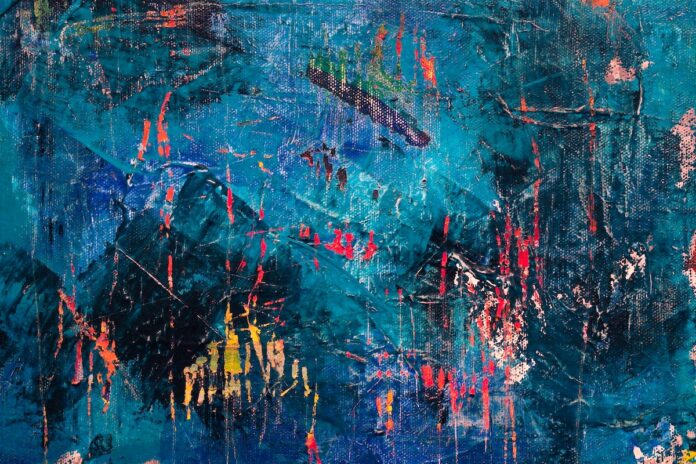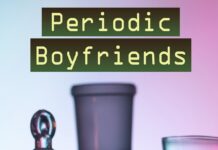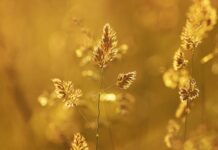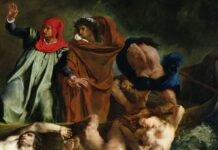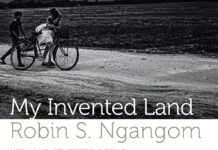Annus Horribilis – A collection of poems by Avinab Datta-Areng
Book Review by Anjana Basu
Annus Horribilis first burst on the world when Queen Elizabeth coined the phrase in 1992. That was when the heavens opened up on the Windsors with Charles and Diana’s disclosures and open disagreements. Since then the phrase frequently crops up to describe particularly horrible times – and in the recent past, the Covid years. Avinab Datta-Areng’s poems collected under that title do not specifically refer to Covid but take into account the many aspects of isolation in urban society – especially the isolation that arises from thoughts which remain unuttered due to lack of the right language to communicate them.
The poet as a wanderer is redefined through his encounters with people or perhaps his non-encounters with people. It is a world challenged by issues of mental health and drug use which in turn affect relationships and result in fragmented families and friendships. Phrases that are fragemented words – uttered though the poetry offers some semblance of therapy- Datta-Areng has an ode to his panic attacks with images that may seem peachy to the reader before the rest of the words make their presence felt. In the shards of an isolated world panic has a new reality.
Datta-Areng’s poetic voyage travels through external and internal disintegration. Burning bodies pile up which may or may not reflect the pyres that flamed in Delhi during the Covid times. But then, Datta-Areng brings up private suffering in the same poem to reflect the disintegration of a relationship as well, which is another kind of conflagration that climaxes in the unexpected ‘Please don’t leave me / This is changing the world’ linking public and private spaces inextricably.
References to his father recur with thoughts of patricide and other doubts – ‘First father, then fear, then flounder.’ A kind of Oedipal exploration that is not uncommon, since it has haunted literature from the time of the Greek myths. Family is a failure forcing the poet into flights of self examination – though it is because families often disappoint, leading to failure of other relationships. ‘First thing you gotta understand’ a meme says ‘nobody feels sorry for you and nobody ever will’ though it does beg the question whether ‘nobody’ is true or not or perhaps the people who feel sorry are shy of expressing their sorrow and that makes it appear even more tragic to adults who grow into the knowledge.
Datta-Areng strives to coalesce the public and private throughout the poems – in his scheme of things they are closely related, so that when for some reason, he cannot explore his isolation, he sees himself in the context of public events. His work has been described as hallucinatory – which raises questions about the difference between dreams and hallucinations, thought hallucinations have about them the stuff of nightmares as in Coleridge. In a way, poetry expects the reader to accept a reality heightened by unreality – Freud referred to dreams as ‘a royal road’ to the unconscious which is very much the case in Annus Horribilis. We accept a reality that is very similar to a hallucination.
Nature is given a different type of role in Datta-Areng’s verse – trees are described as surgeons that fail to make a difference to a man’s breathing – in this case a particular protagonist rather than all humanity. Ultimately Annus Horriblis is a young poet’s debut and, as is the case with such ventures, there is a self consciousness about the act of writing and the different voices that the poet has the liberty to don. He crafts phrases like ‘chiaroscuro of heroes’, with the awareness of doing so, something that can be put down to the fact that many of these poems were composed 10 years before the publication of the book. “You have a different voice today, said the voice to the voice”. Most certainly the voices will agree that yesterday’s voice is different from today’s – Datta-Areng’s readers will certainly expect more leaps in metaphor.
A sample selection of 5 poems from the collection is given below:
*
Sunday
Sunlight and anxiolytic flora
drink themselves silly.
An eastern pinch of sky blurts
like it forgot to take its pills.
The worm has wept
all Sunday while you were
reading the newspaper.
Of watering the taste of a fleck
of midnight fruit between your teeth.
Of the hummingbird, disturbed
by the sound of hideous undressing,
again leaving the portrait
of uncut happiness
unfinished in the whorl.
Mist rises towards
the balcony and leaves
a trace on the rails.
M is in the kitchen rinsing
the stained cloth.
Wind bends a shrub,
exposing its mangled roots.
An unsettling wave of sound
rises from the valley:
like it’s time to hear
what has made through.
Clouds rushing in like the early
death of someone you never knew.
On My Way to the Anatomy Museum
Already the swans were
paddling insatiably towards my heart on the promenade.
They wanted to take turns,
stretch my heart,
wear it over their heads like a balaclava.
I was aware
that it might be unsafe to walk out
of the house exposed like that, inside out.
But given where I was
going to, it came naturally.
This was what I was inside, these were my possessions.
How entrancing the sycamore fanning
my cerebrum, how exhilarating to have
the hummingbird hover above my aorta.
To walk past the bridge, ignoring
the ominous graffiti, past the concrete
steps, leaping over the turnstile,
my blood lighting up the living offices,
possessed by a prenatal revery, but aware
this doesn’t necessarily change anything.
To declare: here I am, I’m ready.
There is something inside me,
I have preserved its secret by not uttering it.
Nocturne
All night the cat wails beyond the door.
Our bed surrounded by empty glasses like marrows.
Someone was being pulled out of her house by her hair;
someone turned to a face and sucked in a fist of ice.
From the phone tower sleeping kites fell one by one.
First touch. Marsh crackling then engine then flutter then orphan noise. Our sense of danger rests under our ribs like a bowl
of leaves. Wind fucking mirrors. Should we rise
and stir our own séance, our haloed air? Who knows us?
The morning news is now irreversible.
Who knows us? These sheets do. They don’t move away.
We keep lying and eat the dark.
Ode to My Panic Attack
You wake each day within
a peach or half-buried
blade with the feeling
that something is simultaneously
preserving and fucking
you, a thought
so naive and clear like god
thinking of themselves, before the first
fuchsias or baby-blue eyes,
the ones now cowering
with the grace of nothing’s will
as you refract past.
Between giving in this time (to hell
with trying to get better any more)
and convalescing without any work,
there’s a blue begging
that still wants to know . . .
But you are not in you any more. You are being
passed along to camouflage
the braindead cirrus, bitter phantom
of eucalyptus struck by lightning. You climb
the ringing green meadow, it doesn’t
go away. The breathing
doesn’t stop, it’s what you think
you want, it’s everywhere,
the breathing doesn’t stop.
The Hare
How dare you live here
in another country
without knowing me?
Carefully, on the dead grey
tufts, not the green
of the eye’s back.
They often pass
through the university, only
to, no, never to have their history
kissed on the board!
How he came to
my feet, then sprang
back to the rock, which
was also a hare.
And before leaving
he said to me: If you
cannot sleep,
then hear me living,
I too came here to hide.
*

(Annus Horribilis – Avinab Datta-Areng- Published by Viking India, INR 250)
About the reviewer
Anjana Basu is a renowned novelist, poet, reviewer and travel writer.


